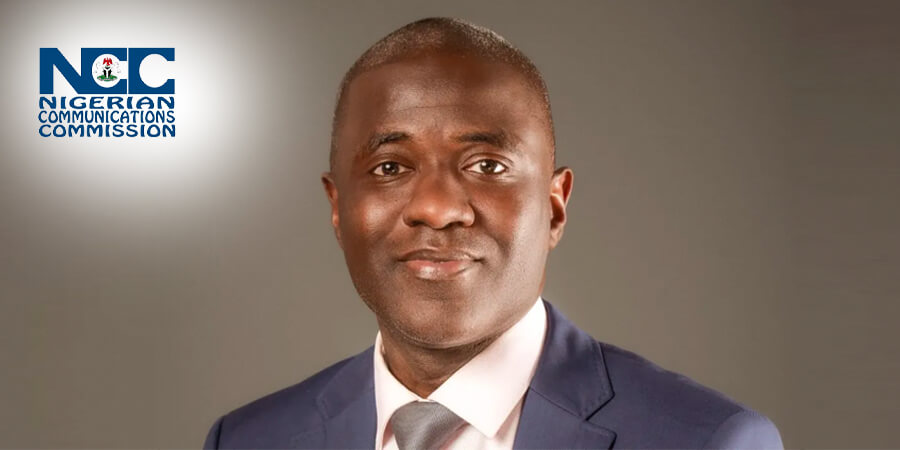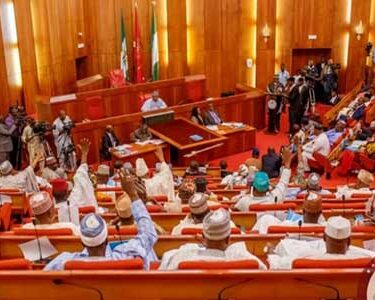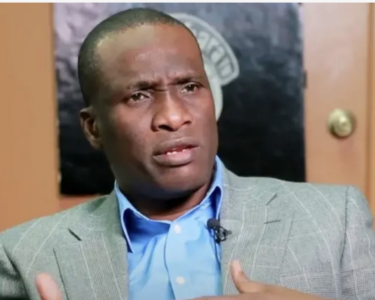Nigerian Telecom Sector in 2024: Challenges and Innovations
The telecommunications industry in Nigeria has always played a key role in the country’s economic growth, helping to connect people and bridge digital gaps. In 2024, the sector faced both progress and setbacks, shaped by government policies, economic realities, and the efforts of private operators.
Subscriber Losses Due to NIN-SIM Policy
One of the biggest challenges in 2024 was the federal government’s directive requiring SIM cards to be linked to National Identity Numbers (NINs). This policy caused mobile operators like MTN, Airtel, Globacom, and 9mobile to disconnect over 64 million unverified lines. By September, the number of mobile subscribers in Nigeria had dropped by 30%, from 219 million in March to 154.6 million.
While this exercise was aimed at improving national security, it hit telecom companies hard, reducing their revenues and leaving millions without access to mobile services.
**Struggling Broadband Penetration**
Nigeria had set an ambitious target to reach 70% broadband penetration by 2025, but 2024 showed slow progress. Broadband penetration fell from 43.71% in March to 41.56% in September.
A major hurdle was the high cost of smartphones, which ranged from N120,000 to N2 million. This made them unaffordable for many Nigerians, particularly those living in poverty. Only a small percentage of Nigerians own smartphones, creating a gap between those who can access the internet and those who cannot.
To address this, operators called for local smartphone production and financing options to make devices more affordable. The government also launched projects like “774 LG Connectivity” to bring internet access to all local government areas and expand the country’s fibre-optic network.
**Economic Challenges**
The economy made things tougher for the telecom sector. In 2024, the naira’s value dropped sharply, from N471 to over N1,600 per dollar. This hurt companies like MTN and Airtel, which reported huge losses due to foreign exchange issues.
Rising costs didn’t help either. Diesel prices went up by 90%, forcing operators to spend over N57 billion monthly on fuel to keep their networks running. Although renewable energy could save money, the high installation costs have slowed adoption.
Meanwhile, telecom companies have struggled to increase their prices, as tariffs have remained unchanged for over a decade. This has further strained their ability to invest in new infrastructure.
- **Bright Spots and Collaboration** Nigeria’s Telecoms: Challenges and Progress in 2024
Despite the challenges, the sector showed resilience. The government worked with operators on initiatives like the “3 Million Technical Talent” program to build a skilled workforce for the digital economy. MTN also explored ways to produce affordable devices locally.
The Nigerian Communications Commission (NCC) made efforts to simplify consumer tariffs, while some states waived Right-of-Way (RoW) fees to reduce the cost of laying fibre-optic cables. However, other states introduced new charges, which offset the benefits of these waivers.
**The Way Forward** **”Nigeria’s Telecoms: Challenges and Progress in 2024″**
Experts believe the government and telecom operators must work together to overcome these issues. Expanding the fibre-optic network, improving digital literacy, and making smartphones more affordable are key steps.
Revising outdated tariff policies could also help companies stay profitable and invest in growth. With the right strategies, Nigeria’s telecom industry has the potential to bounce back stronger and continue driving the country’s digital future.




